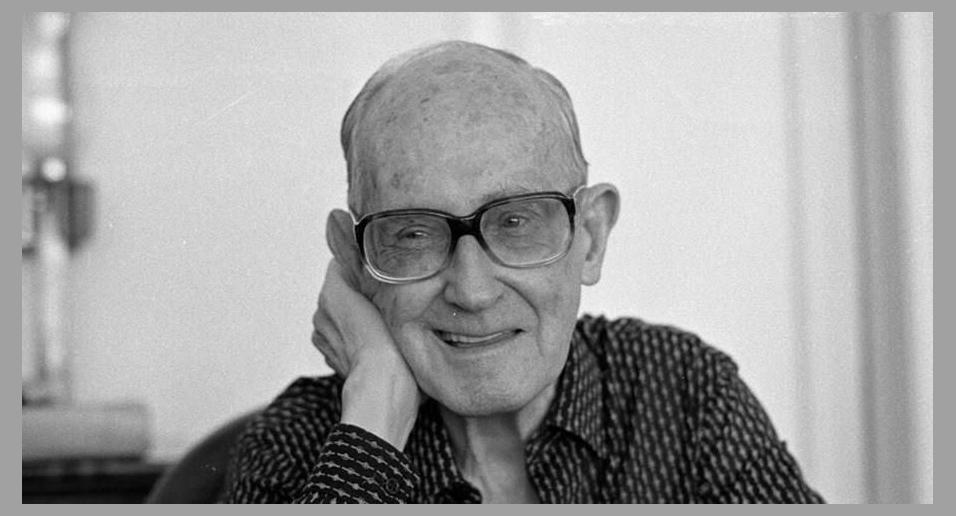 Carlos Drummond de Andrade
Carlos Drummond de Andrade
Carlos Drummond de Andrade: The Poetic Voice of Brazilian Modernism
Early Life and Influences
Carlos Drummond de Andrade, born in Itabira, Brazil, in 1902, was a multifaceted artist whose literary genius extended beyond the realm of poetry. As a child, he immersed himself in the works of Brazilian and international authors, shaping his poetic sensibility.
Poetic Breakthrough
In 1928, Andrade published "Alguma Poesia," a collection that signaled a departure from traditional Brazilian verse. His innovative style, characterized by its fragmentation, ellipsis, and introspective tone, became a defining feature of the modernist movement in Brazil.
Challenges and Controversies
Andrade's work often sparked controversy due to its unconventional form and themes. His poems explored the complexities of urban life, alienation, and the search for meaning in a rapidly changing world. The frankness of his language and his critical stance towards society ruffled the feathers of conservative critics.
Discography
Despite his literary prowess, Andrade did not pursue a career in music. However, his poetry has inspired numerous musical interpretations by renowned Brazilian composers. Notably, his poem "Poema de Sete Faces" has been set to music by the legendary Chico Buarque.
Members
Carlos Drummond de Andrade was a solitary figure, not associated with any musical bands. His poetry, however, has had a profound impact on countless musicians, who have found inspiration in his evocative imagery and philosophical insights.
Legacy and Recognition
Throughout his life, Andrade was celebrated for his literary contributions. He received numerous awards and accolades, including the Camões Prize, the highest literary honor in the Portuguese language. His work has been translated into over 30 languages and continues to be studied and admired by scholars and readers alike.
Conclusion
Carlos Drummond de Andrade, the poetic voice of Brazilian modernism, left an indelible mark on literature and art. His innovative style, willingness to challenge conventions, and profound insights into the human condition continue to resonate with audiences worldwide. Although he did not embark on a musical career himself, his poetry has inspired countless musicians to create works of lasting beauty and significance.
Early Life and Influences
Carlos Drummond de Andrade, born in Itabira, Brazil, in 1902, was a multifaceted artist whose literary genius extended beyond the realm of poetry. As a child, he immersed himself in the works of Brazilian and international authors, shaping his poetic sensibility.
Poetic Breakthrough
In 1928, Andrade published "Alguma Poesia," a collection that signaled a departure from traditional Brazilian verse. His innovative style, characterized by its fragmentation, ellipsis, and introspective tone, became a defining feature of the modernist movement in Brazil.
Challenges and Controversies
Andrade's work often sparked controversy due to its unconventional form and themes. His poems explored the complexities of urban life, alienation, and the search for meaning in a rapidly changing world. The frankness of his language and his critical stance towards society ruffled the feathers of conservative critics.
Discography
Despite his literary prowess, Andrade did not pursue a career in music. However, his poetry has inspired numerous musical interpretations by renowned Brazilian composers. Notably, his poem "Poema de Sete Faces" has been set to music by the legendary Chico Buarque.
Members
Carlos Drummond de Andrade was a solitary figure, not associated with any musical bands. His poetry, however, has had a profound impact on countless musicians, who have found inspiration in his evocative imagery and philosophical insights.
Legacy and Recognition
Throughout his life, Andrade was celebrated for his literary contributions. He received numerous awards and accolades, including the Camões Prize, the highest literary honor in the Portuguese language. His work has been translated into over 30 languages and continues to be studied and admired by scholars and readers alike.
Conclusion
Carlos Drummond de Andrade, the poetic voice of Brazilian modernism, left an indelible mark on literature and art. His innovative style, willingness to challenge conventions, and profound insights into the human condition continue to resonate with audiences worldwide. Although he did not embark on a musical career himself, his poetry has inspired countless musicians to create works of lasting beauty and significance.